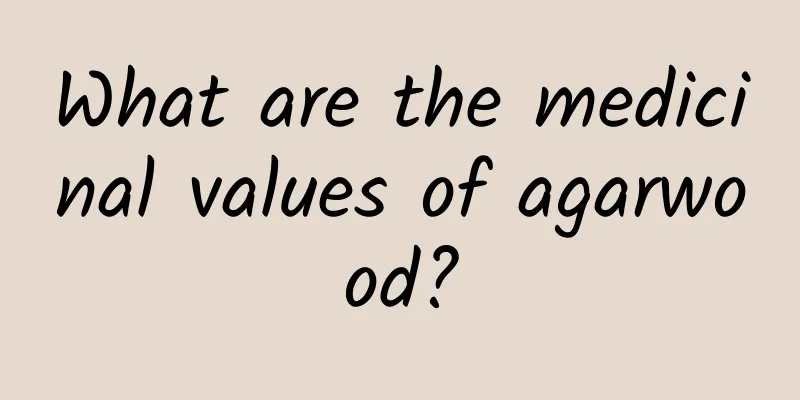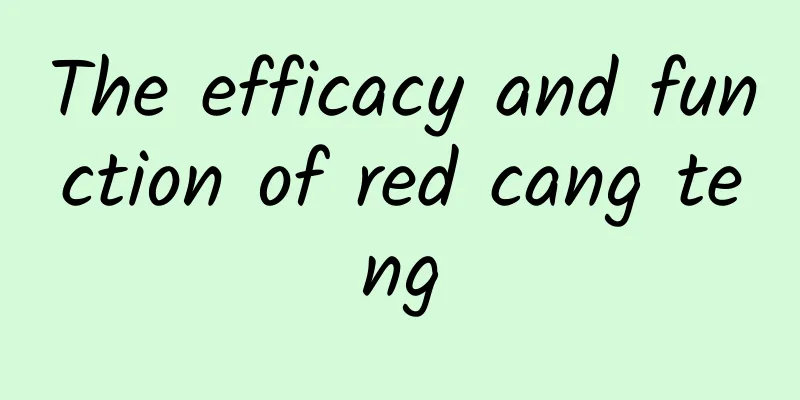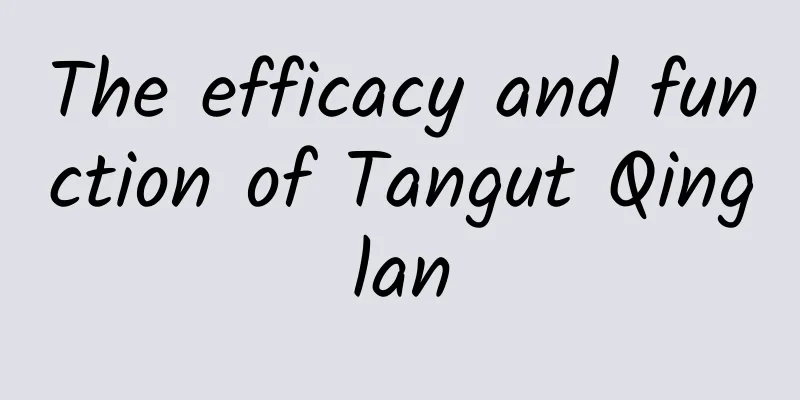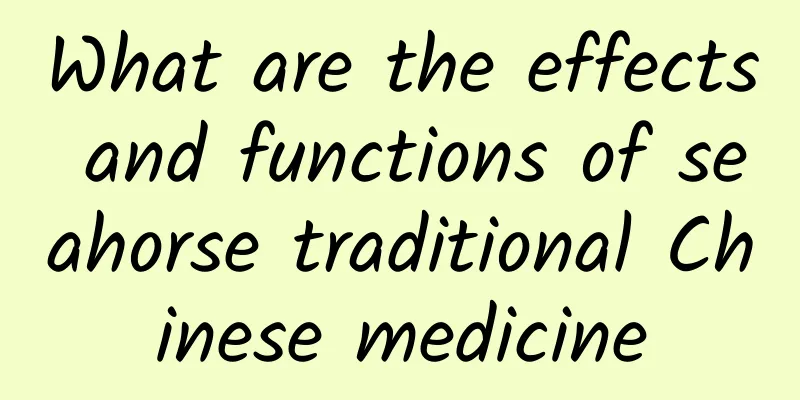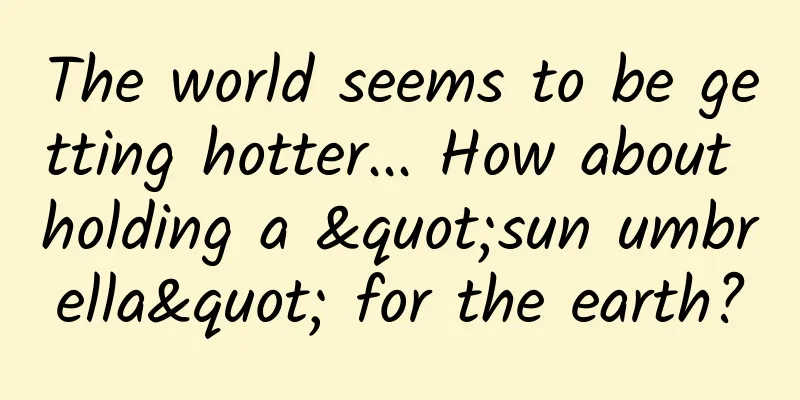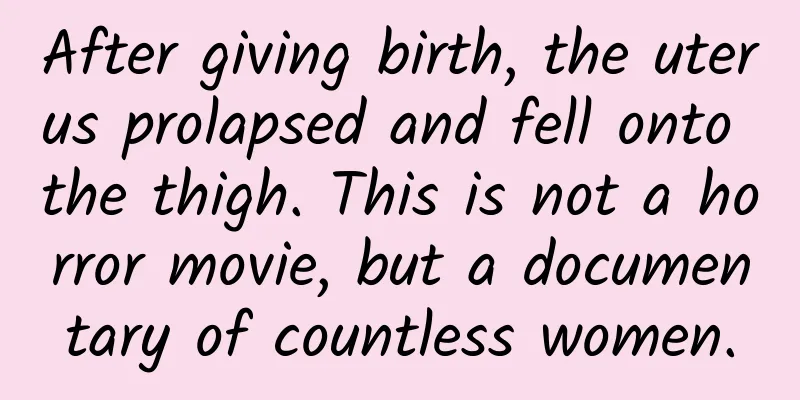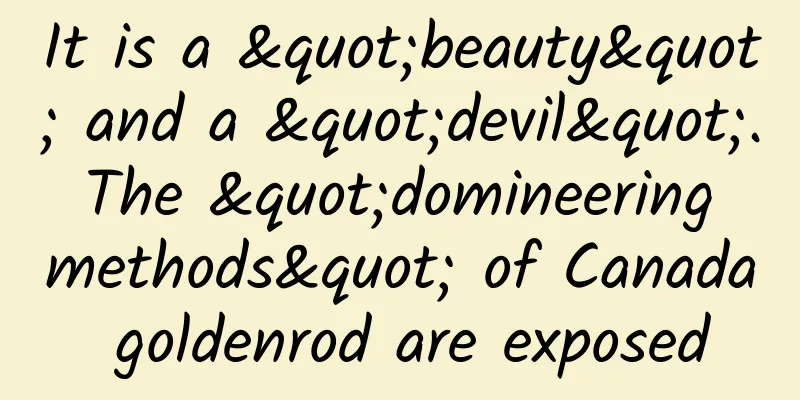What ordinary people consider to be wild grass is actually a miraculous medicine for treating diseases in traditional Chinese medicine
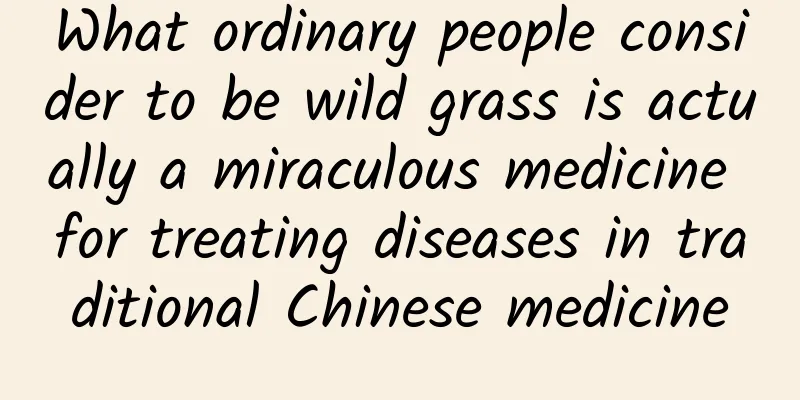
|
People say that childhood is the most beautiful and innocent. I still remember reading an article called "The Magic Brush of Ma Liang" at that time, and I really hoped that I would have such a magical pen in my hand; later I read a story about Wang Xianzhi, saying that he had to write with eighteen jars of water before he could practice his good handwriting, but at that time I didn’t really want to hold a pen in my hand all the time. But the time of youth is always too short no matter how long it is. Although we don’t want to practice calligraphy every day like Wang Xianzhi, we also know that the magic pen of Ma Liang is only a story in fairy tales. But writing and drawing on the ground is what we like. I still remember that time when we went to play by the stream, we found a kind of grass. The grass seemed to have no leaves at all, and the top of the stem was like a pen tube. We pulled the grass off and used it as a brush to paint on the bluestone. Later, I learned that this grassland was originally called horsetail grass, also known as file grass, knotty grass, bone grass, rub grass, heartless grass, pen grass, etc. It is a perennial upright herb of the genus Equisetaceae family. It mostly grows in shady and moist places under sloping forests, wetlands, and streams. It likes shady and humid environment and sometimes grows in weed fields. Although horsetail prefers humid conditions, it also likes direct sunlight. Horsetail herb is not only a kind of grass used by children to paint, but also a kind of knotweed in the eyes of farmers. Of course, it is also a good medicine for treating diseases in the eyes of doctors. Horsetail is usually harvested in summer. The dead stems and roots are removed, sprayed with clean water, cut into small pieces after slightly moistening, and stored in the sun or shade. Traditional Chinese medicine believes that horsetail herb is sweet and bitter in taste and neutral in nature; it enters the lung and liver meridians; it has the effects of dispersing wind-heat, improving eyesight and removing cataracts; it is suitable for symptoms such as red eyes due to wind-heat, tears in the wind, and cloudy eyes; the general oral dosage is 3 to 9 grams. Horsetail herb is unique in treating eye diseases. As early as in the "Jia Hu Materia Medica", there was a record that horsetail herb "treats eye diseases and removes cataracts". For example, to treat eye cataracts, drowsiness and excessive tearing, you can use one or two grams of horsetail herb (without the nodes), grind it into fine powder, and mash it with sheep liver to make pills. Take two cents each morning and evening after meals, with white soup. Or use one liang each of Equisetum arvense (without the nodes) and Atractylodes lancea (soaked in rice wine), grind them into fine powder, take two qian each time, and drink with tea, or make into pills with honey. But in addition to treating eye diseases, horsetail herb is also a first-class hemostatic effect. For example, to treat intestinal wind and bleeding, you can use one or two liang of Equisetum arvense (remove the nodes and stir-fry), five qian each of Citrus aurantium (processed), Sophora japonica (fried), Poria cocos, and Schizonepeta tenuifolia. Grind them into fine powder. Take two qian each time, and mix with thick jujube soup. For example, to treat persistent bloody dysentery, use five cents of Equisetum arvense, decoct it in water and drink it warm. For example, to treat women's uterine bleeding, use one liang each of Equisetum arvense and Cyperus rotundus, half a liang of potassium nitrate, grind them into fine powder, take three qian each time. If the blood is black, boil it with one bowl of wine; if the blood is red, boil it with one bowl of water. Take it with the residue, twice a day. There are also some precautions when using horsetail herb clinically, such as people with qi and blood deficiency should take it with caution. Although horsetail herb is effective in treating eye diseases, there are some situations in which it is not suitable for use. For example, it is recorded in "Bencao Jingshu" that "it is not suitable for eye diseases caused by anger and heat that damage the blood, and sudden redness, swelling and pain"; and it is also recorded in "Ben Jing Feng Yuan" that "it is not suitable for those with long-term cataracts and blood deficiency." In addition, horsetail herb should not be taken for a long time. For example, "Ben Jing Feng Yuan" records that "excessive use will cause eye swelling"; for example, "Bencao Hui Yan" records that horsetail herb "excessive use will damage the liver and should not be taken for a long time." |
<<: A stone made the strongest man
>>: This "magic weapon" for curing diseases was ruthlessly abandoned by you
Recommend
The efficacy and function of mountain ash
As a traditional Chinese medicine, do you know th...
Effects and functions of fern hemp
Nowadays, our living standards are constantly imp...
The efficacy and function of gentian
Most Chinese medicinal materials have good effect...
The efficacy and function of golden chrysanthemum
In modern life, everyone is very familiar with va...
The efficacy and function of sorghum leaves
There are so many medicinal herbs in the world, a...
The efficacy and function of yellow back grass fruit
There are so many medicinal herbs in the world, a...
The efficacy and function of duck tongue fish and turtle
As a traditional Chinese medicine, do you know th...
The efficacy and role of mild flavor as medicine
There are so many medicinal herbs in the world, a...
Can ginger, Polygonum multiflorum and black sesame really help grow dark hair?
“People born in the 1990s have already started lo...
Attosecond electron microscopy: the ultimate challenge of temporal and spatial resolution
Produced by: Science Popularization China Author:...
The efficacy and function of ginger juice
I don’t know if you are familiar with ginger juic...
The probability of asteroid "2024 YR4" hitting the Earth has dropped to 0.28% | Science and Technology Weekly
Compiled by Zhou Shuyi and Pingsheng Microsoft cl...
What are the effects and functions of Cibotium barometz?
The powder extracted from Cibotium barometz can b...
I bet 99% of people have never eaten this magical vegetable that can make lamb less smelly!
If you ask "Where in China is the most delic...
